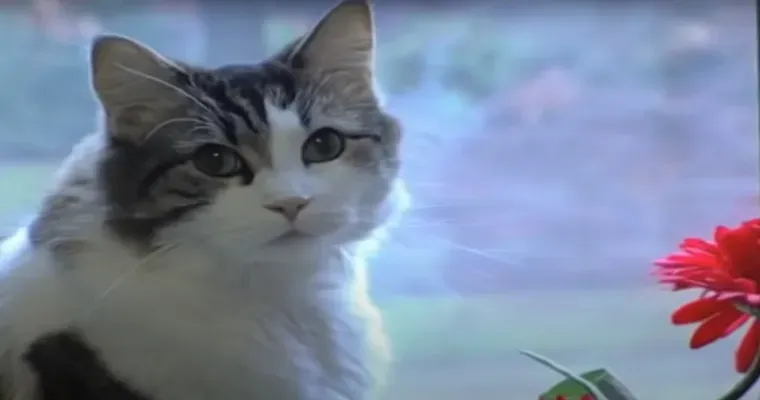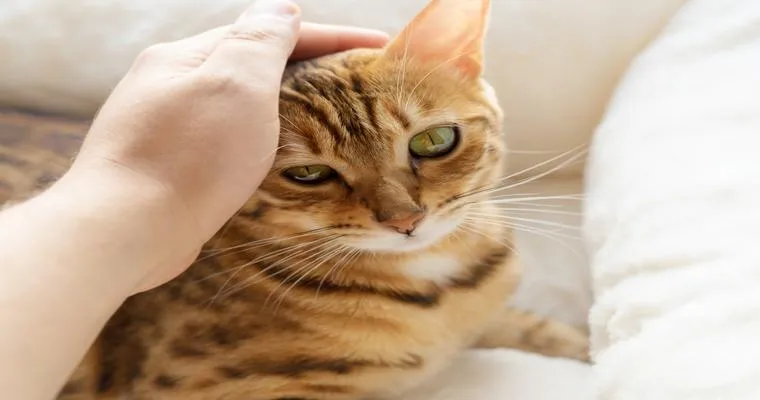In the realm of "end-of-life care", few stories resonate as deeply as that of "Oscar the Cat". This remarkable feline, who lived in a nursing home in Rhode Island, gained international attention for his uncanny ability to predict the impending death of residents. Oscar's behavior sparked conversations about "palliative care", compassion, and the emotional support that is essential during the final stages of life. His story offers profound insights into how we approach end-of-life situations, emphasizing the importance of empathy and understanding.
Oscar's journey began when he was adopted by the staff at the Steere House Nursing and Rehabilitation Center. There, he quickly became known for his unique talent: curling up next to patients who were close to death. This behavior not only provided comfort to the dying individuals but also highlighted the significance of "compassionate care" in a clinical setting. The lessons learned from Oscar's actions can transform the way we think about and provide care for those at the end of their lives.
One of the most notable lessons from Oscar's story is the importance of "recognizing signs of distress" in patients. Healthcare professionals and caregivers can take cues from Oscar's instinctual behavior. Being attuned to the emotional and physical needs of individuals nearing the end of life is crucial. This awareness can foster an environment where patients feel safe and supported, allowing them to express their fears and desires.
Moreover, Oscar's presence served as a reminder of the value of companionship during difficult times. The emotional support that pets can provide is well-documented, and Oscar's role in the nursing home illustrates how animals can enhance "end-of-life experiences". For caregivers, encouraging the presence of pets can create a more comforting atmosphere and help alleviate feelings of loneliness and anxiety.
In addition, Oscar's story underscores the significance of "communication" in end-of-life care. Open and honest conversations between patients, families, and healthcare providers are essential. Oscar's ability to sense when someone was nearing death prompts reflection on how we talk about death and dying. Facilitating discussions around these topics can empower patients and their loved ones to make informed decisions about their care and preferences.
Lastly, Oscar the Cat teaches us about the "power of presence". Simply being there for someone, without the need for words, can convey love and support. In many cases, a quiet moment shared between a caregiver and a patient can be more impactful than any medication or treatment. This lesson reminds us that the human connection is a vital component of end-of-life care.
In conclusion, the story of Oscar the Cat serves as a poignant reminder of the lessons we can learn about "end-of-life care". His innate ability to provide comfort, the importance of recognizing distress, the value of companionship, the need for open communication, and the power of presence are all critical elements that can enhance the experience for those nearing the end of their journey. By embracing these lessons, we can ensure that individuals receive the compassionate care they deserve in their final moments.





